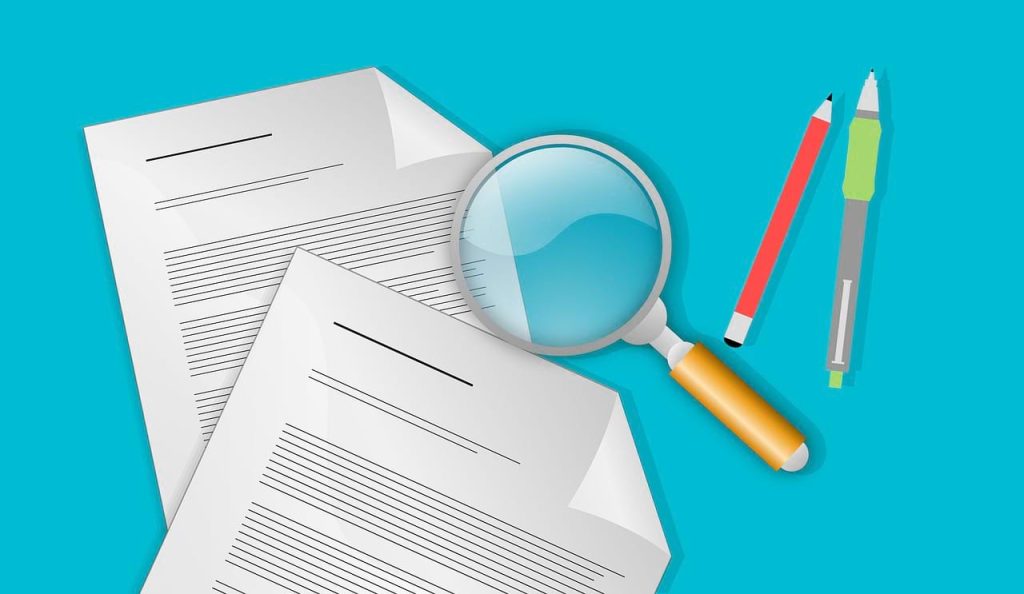A workplace investigator is responsible for ensuring that an investigation is conducted fairly and in a timely manner. However, it is important to remember that the investigator involved might be faced with content that is sensitive and sometimes may be upsetting. They have to focus on the quality of their investigation while ensuring the organisation takes care of the mental wellbeing of the parties involved, as well as the investigator’s own wellbeing.
A workplace investigation has many laws and regulations that need to be followed as well as the business policies that the investigator must comply with. During the process, there will be many interviews that are necessary to understand what went wrong and get perspectives from different employees. Therefore, it has to be conducted effectively so mistakes are avoided.
Tips for a workplace investigator
The investigation has to be carried out correctly because a false result could be harmful for the person accused. The investigator needs to remember to:
- Be confidential
- Protect evidence
- Avoid bias
- Act quickly
- Seek support
- Investigate fairly
- Be transparent
Be confidential
An investigator is usually aware that everything that occurs in the investigation needs to remain confidential. Sometimes organisations are not familiar with investigations; it might be the first time they are conducting one and they might be unprepared. The investigator has to emphasise the importance of protecting the confidentiality of those involved to avoid false accusations and harm to the employees’ careers.
The investigator should be the only one with access to evidence and the only one conducting interviews. If this is a bigger investigation, only the people responsible should be communicating with employees. This will minimise the chances of information leaking.
Protect evidence
The investigator or investigation team need to be the only ones with access to evidence for more reasons than just confidentiality. By storing information in a safe place, the investigator decreases the chances of the evidence being stolen or tampered with. Original documents should be stored carefully to avoid damage and if possible, it is advisable to have copies of them for use and if sharing is required, rather than the original file. Interview notes need to be stored neatly so they are not mingled. Organising the information during an investigation is crucial for it to be successful.
Polonious assists workplace investigators by providing them with a secure place to store the evidence. This does not only ensure confidentiality but allows the investigator to protect the data available to them and organise them as they see fit.

Avoid bias
The workplace investigator will probably hear many perspectives during the process. They may meet many people who will not give them a good impression or their attitude indicates that something is wrong. It is important to avoid making pre-judgements as it will lead to a misleading result. The workplace investigator needs to be objective and not favour certain individuals because they seem more trustworthy. Looking at facts rather than emotions can prevent unconscious bias and result in a successful investigation.
It is also important not to let hostile or nervous behaviour colour or cloud an investigator’s judgement of an interviewee – investigation interviews are situations that make people nervous, regardless of whether they’re telling the truth, and many of the stereotypical ‘signs’ of lying are merely signs of nervousness which are not reliable indicators of truth telling. Therefore it is doubly important to let the facts speak for themselves and to determine lies through factual contradictions rather than being influenced by behaviour.
Act quickly
The workplace investigator may have been called in days or weeks after the issue took place. It is easy for memories to fade or for individuals to misremember actions. If the parties involved discussed the occurrence with other people, it is possible that their perspective has been influenced and they start to doubt what they saw or what they thought happened. This is why the workplace investigator must act quickly and conduct interviews with the most important parties early. They will be able to recall events better and provide a clearer picture of the event.
The rest of the parties can then be prioritised in order of importance: those who were witnesses to the events, that knew of previous occurrences and who are likely to forget easier than others need to be interviewed first. It might be a good idea to encourage employees to write down what they want to say to remember specific details.
Seek support
During an investigation, the parties involved, including the workplace investigator, might be under a lot of pressure and stress. The employees may feel like they are in trouble and the issue being investigated might cause them distress. The investigator should seek support from the organisation to minimise the impact of the process on mental health. They might ask the organisation to provide counselling as well as free mental health services that will check on the person’s well-being.
It will be a good idea for a workplace investigator to also use similar services, such as the EAP, to ensure that their mental health is not as heavily impacted and are still able to stay focused on the task.
Investigate fairly
The workplace investigator must give everyone involved a chance to explain themselves, what they felt, what they saw and how they were affected. If employees want to add more details, they must be welcome to do so. This will improve the quality of the investigation process and give everyone the same treatment. When conducting interviews, it is advisable for the investigator not to interrupt with new questions if the employee has not finished talking. Even though the investigator needs answers, the employee may not be in the best headspace and actions like that may make them feel unfairly treated. Employees need to feel listened to and understood so it is easier for them to open up.
Even if the investigator feels like the information is irrelevant, they can ask open-ended questions to guide them toward the topic they want to discuss. The more information that is given, the more facts there are to cross reference and find inconsistencies if someone is lying.
Be transparent
Before starting the investigation, the workplace investigator needs to explain the process to the employer and employees. By sharing details such as interviews being recorded and communicating effectively with the employer and employees it will make it so they are more likely to trust the investigator. It will also avoid retaliation and confusion as employees will not be afraid of the unknown and will know what to expect. Encouraging the employees to ask questions themselves, for things they do not understand or something they are unsure about will provide them with clarity and more confidence.
Conclusion
The workplace investigator and their attitude plays a very important role in the success of the investigation. Therefore, they need to focus on the task but also remember not to neglect mental health and the employees’ wellbeing. All the parties involved need to be fairly treated and listened to, and this will allow the investigator to collect more information to base their conclusion on.
Polonious can help your business with a workplace investigation by protecting your employees’ confidentiality and the investigators’ evidence. It provides companies with resources to ensure a quicker and correct result by reducing disorganisation and helping workplace investigators have everything they need readily available to them.
Let's Get Started
Interested in learning more about how Polonious can help?
Get a free consultation or demo with one of our experts
Eleftheria Papadopoulou
Eleftheria has completed a Bachelor's of Business with a major in Marketing at the University of Technology Sydney. As part of her undergraduate studies she also obtained a Diploma in Languages with a major in Japanese. Following her graduation she has been working as a Marketing Coordinator and Content and Social Media Specialist.
Eleftheria is currently finishing her Master in Digital Marketing.




